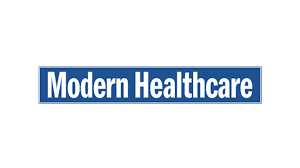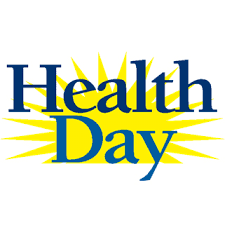
Editor's Note Healthcare providers could experience significant cash flow and operational changes under a new voluntary pilot program that fundamentally alters how the nation's second-largest drug payment program operates, according to an August 11 article in Modern Healthcare. As detailed in the article, The Health Resources and Services Administration announced…

Editor's Note The US Food and Drug Administration (FDA) is requiring safety labeling changes for all opioid pain medications to better emphasize and explain the risks associated with long-term use, according to a July 31 announcement. These changes follow a May advisory committee meeting where the agency reviewed data on…

For an ambulatory surgery center (ASC), earning accreditation can be more than a mark of excellence. The Accreditation Association for Ambulatory Health Care (AAAHC) offers Medicare Deemed Status Accreditation, eliminating the need for separate surveys to certify compliance with the Conditions of Participation (CoPs) required by the Centers for Medicare…

Editor’s Note: This page is a companion piece to the main article, Emergency preparedness: Identifying essential supplies for unplanned surgical events. While the main article outlines the principles of emergency readiness and supply preparation in the OR, the posts below offer a closer look at two key implementation areas: Supply…

Editor's Note Research shows using GLP-1 receptor agonists both before and after bariatric surgery is associated with greater total weight loss than surgery alone, according to a July 13 article in MedPage Today. The article focuses on a retrospective analysis of 568 patients presented at ENDO 2025, the annual meeting…

Editor's Note A stem cell-based transplant method enabled most kidney recipients in a recent clinical trial to stop taking immunosuppressive drugs, according to a July 15 article in HealthDay. As detailed in the article, the approach was tested in a phase 3 multicenter, randomized controlled trial published in the American…